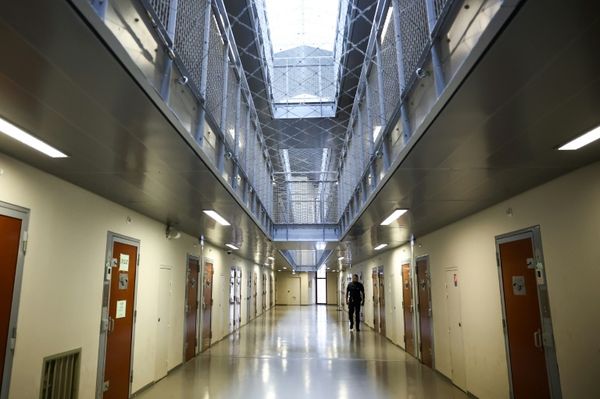
TODAY'S report by Gabriel Fowler outlining clearly substandard care at a Taree nursing home run by the Anglican Church deserves its position on the front page of today's print edition of the Newcastle Herald.
Sadly, however, there is little particularly surprising in the accounts of shortcomings at Anglican Care's Storm Village at Taree, because we have had heard this story all too many times before.
Again and again, reports of atrocious and often illegal behaviour emerge from both the for-profit and the charity-centred sides of the aged care sector.
Similar accounts are rife in the world of disability, where the National Disability Insurance Scheme has enabled a serious expansion of services, but with big question marks from the start about the quality of some of the care, and an unfair distribution of resources.
Little if anything seems to have changed in recent years, so it's reasonable to ask how this could be the case, given a Royal Commission into the aged care sector ran from October 2018 to March 2021, with a corresponding Royal Commission into disability, established in April 2019, days away from its 32nd round of hearings.
Both investigations revealed a plethora of failings, and the final report of the aged care inquiry made more than 140 recommendations, which if applied with vigour would hopefully result in a better experience for those who depend on aged care, and those who must deliver it, often on low pay.
Yet as the evidence from Storm Village and other centres clearly shows, the sector continues to rely in the main on "unqualified, inexperienced staff".
This is not to blame those individuals. Far from it.
The responsibility ultimately lies with the owners and managers of those aged care and disability services that are unable, for whatever reason, to provide the service they should.
Ditto for the administrators who should surely have the tools to correct poor performance before it becomes entrenched.
COVID and the strict isolation protocols - especially in the earlier part of the pandemic - presented an extra layer of difficulty for operators, but the problems were there before COVID, and they're still there now.
At the same time, however, we need to remember that aged care was once done primarily at home by relatives; hence the term "granny flat".
And people with disability were once shut away from society.
The present setups, then, are a result of societal change.
They are well-meaning, and not all people in care suffer poor treatment.
But too many do, and the evidence makes it clear that yet further changes are needed in aged care and disability alike.
ISSUE: 39,828

To see more stories and read today's paper download the Newcastle Herald news app here.







